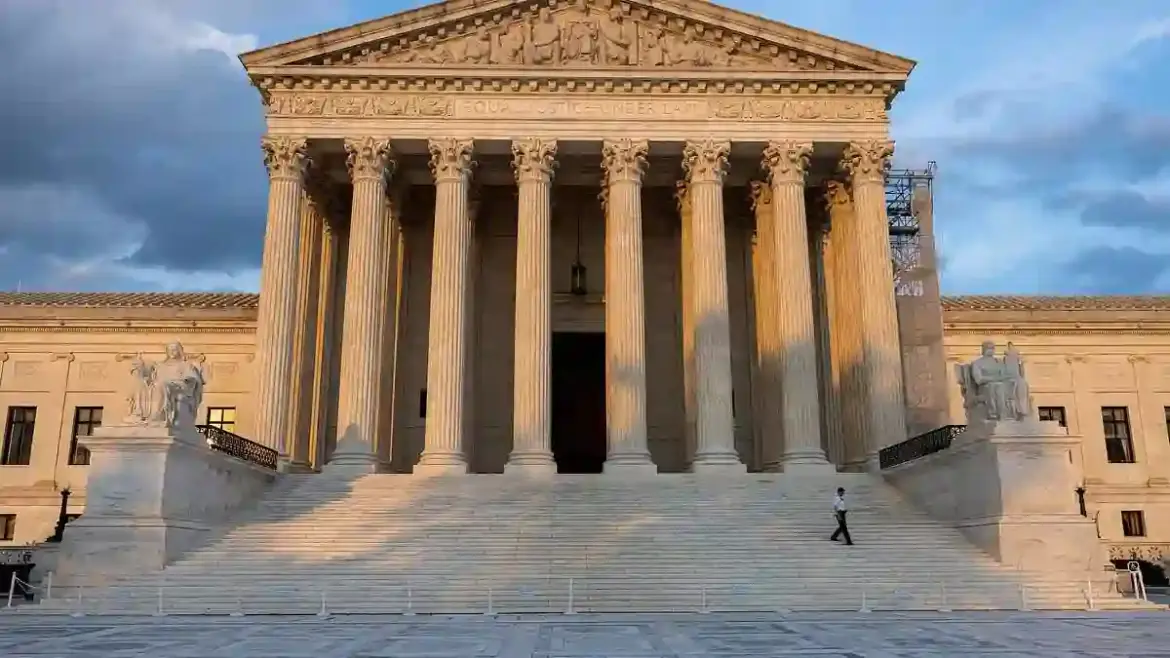The battle over immigration enforcement in Los Angeles took a major turn on Monday when the Supreme Court lifted a lower court ruling that had limited deportation operations in the region.
The decision paves the way for the Trump administration to intensify its efforts to remove illegal immigrants from the area.
A Close Decision on a Contentious Issue
The ruling was split 6-3, with the three liberal justices dissenting.
The vote essentially gives President Donald Trump broader authority to prioritize Los Angeles for immigration enforcement as part of his nationwide crackdown.
The Department of Homeland Security, led by Secretary Kristi Noem, had asked the Supreme Court to stay the July order issued by the District Court for the Central District of California, which had sought to halt targeted deportations in the city.
Kavanaugh Emphasizes Legal Authority and Presidential Role
Chief Justice Brett Kavanaugh supported the stay, highlighting that the Immigration and Nationality Act empowers officers to question anyone believed to be in the country illegally.
He also pointed to statistics showing that undocumented immigrants make up roughly ten percent of the Los Angeles population, arguing that the region’s prioritization is legally reasonable.
Kavanaugh wrote, “Immigration stops based on reasonable suspicion of illegal presence have been an important component of U.S. immigration enforcement for decades, across several presidential administrations.”
He further stressed that the judiciary does not determine immigration policy, noting that enforcement priorities are the responsibility of the president, not the courts.
Sotomayor Voices Strong Dissent
Justice Sonia Sotomayor strongly disagreed with the majority, warning that the administration’s deportation tactics in Los Angeles could violate the Fourth Amendment, which protects against unreasonable searches and seizures.
In her dissent, she cited multiple examples of aggressive targeting, arguing that law enforcement unfairly focused on people based on race, language, and type of employment.
She wrote, “We should not have to live in a country where the Government can seize anyone who looks Latino, speaks Spanish, and appears to work a low wage job.
Rather than stand idly by while our constitutional freedoms are lost, I dissent.”
What This Means Moving Forward
The Supreme Court’s decision clears the way for immigration authorities to resume operations in Los Angeles without the restrictions imposed by the lower court.
It signals that the Trump administration can continue its broader strategy of deporting undocumented immigrants, though it also sets the stage for continued legal battles and public debate over the limits of enforcement and the protection of constitutional rights.
